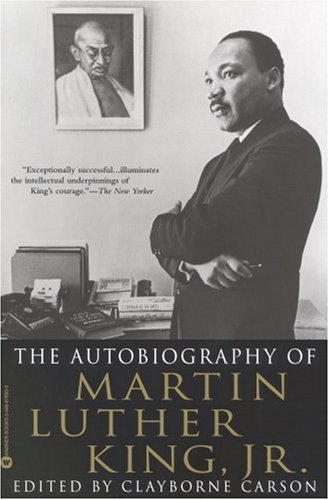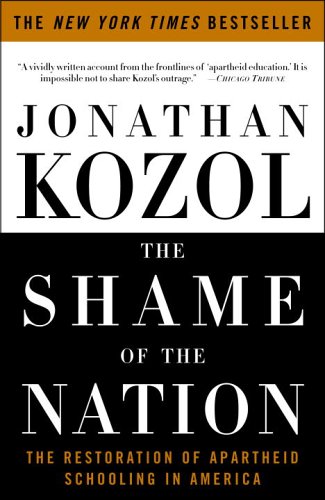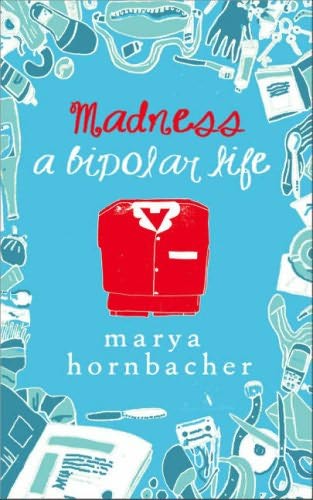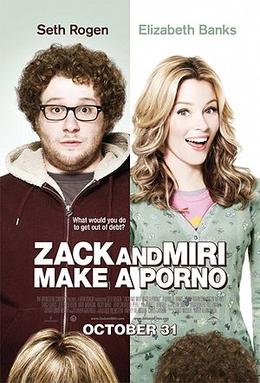
Recently I read a harrowing article in the last March issue of
The New Yorker on solitary confinement. The article just blew me away. It's called "Hellohole" by Atul Gawande. I mean, I knew what solitary confinement was, but this article explored it in depth and analyzed the negative consequences that can come from it.
Basically, solitary confinement is a form of imprisonment used in the United States where prisoners are allowed no contact (or extremely limited contact) with any persons. They have their own cells, they have regimented times when they can use a bathroom, and some prisons might not even have a window for any light source.
Can you imagine being locked up in a place like this with no human contact for days on end? Wouldn't you feel like you lived a purposeless life? Don't all humans need some source of contact and socialization?
Gawande explores the psychosis experienced by most prisoners in solitary confinement. He explores the side effects of returning to life after being in solitary confinement. He interviews some who have went through it and survived it, as well as the damage on their psyche after the exprience was through.
The article begins with the argument that humans are social beings. We just are. Taking that away is most certainly a form of torture. Gawande then discusses a study done on monkeys where they were put through forms of isolation. Monkeys were kept alone as infants, without their mothers. They put in two dolls, one made of wire and one made of cloth with a heating device. The monkeys would curl up to the warmer doll, run to it when frightened. They ignored the other fake doll. Once the isolated monkeys were later returned to a group of nonisolated monkeys, they didn't know how to interact. They went into shock. They rocked and whined. One refused to eat and eventually died. But even with this disturbing information, we still put some of our criminals in solitary confinement. Are we that cruel that we can put some people through this treatment, even if they have committed horrid acts? When they come out, they'll be worse off than they were before, which is scary to think about.
Certain individuals interviewed explained that they actually started to feel like they were going insane. Days blended together. They felt no motivation to do anything. Not to read, not to write. Solitary confinement prisoners are left with minimal supplies, but they do have pen and paper if they wish to write. They felt as if their brains were turning to mush. One prisoner grew so insane that he started to bash his head into the wall until the guards pulled him off. It sounds horrific.
Another person was a hostage who was held in solitary confinement for a long stretch of time. He could start to feel his sanity slipping away. He would often start trembling from time to time for no reason at all. He would often sleep for twelve hours. He would think back on all his mistakes and drive himself bad over all of them. He would watch the day wane away. He said that he would rather have had a bad cellmate than none at all. This makes sense. We are human beings, so this makes sense. We just need at least one person to converse with, otherwise we would go crazy. When he was eventually released, he felt he was walking around in a fog. His brain was mush and he looks drugged, his eyes without their normal light.
John McCain is often noted in this article as he was put into solitary confinement as a POW. McCain is the only noted person in this article that looks back on his experience as a time of growth. In his book, he mentions that he used this experience to help him grow stronger. Other individuals struggled with getting back their sanity and social edge. McCain's argument seems a bit fishy to me, but I'll leave it at that.
The main argument for using solitary confinement: "It provides discipline and prevents violence." Makes sense. When prisoners break the rules, this is their form of discipline. This could even acts as a scare tactic to get prisoners not to do certain things. However, going through long periods of solitary confinement are psychologically damaging, not to mention costly. Prisoners getting their own cells? Costly. Aren't their other forms of punishment that are less cruel? After all, we're all human beings, and I know the people going in solitary confinement are not the finest of our species, but do they deserve this amount of torture? When is torture okay, and why is it okay in this circumstance? Isn't there another way to punish that is not this severe?
A good alternative: In Britain, instead of punishing this severely, they created a prison prevention program that has worked. What they did is this: They gave their worst prisoners more control; they reduced isolation; they offered them chances to work; they offered them education, basically options to better themselves instead of going down the same criminal route. They put respect in their criminals so they could turn their lives around, not simmer in the anger and turmoil that sent them in there. These are called "Close Supervision Centers." They can also earn themselves rights like having visitors, phone calls, exercise, etc. The results? There are now fewer prisoners in this corrective care than in the state of Maine. I think they're doing something right.
Here are some quotations and other information from the article that I find fascinating:
"Long distance solo sailors commit themselves to months at sea. They face all manner of physical terrors: thrasing storms, fifty-foot waves, leaks, illness. Yet, for many, the single most overwhelming difficulty they report is the 'soul-destroying loneliness' as one sailor called it."
"Astronauts have to be screened for their ability to tolerate long stretches in tightly confined isolation, and they come to depend on radio and video communications for social contact."
"A US military study of almost 150 naval aviators returned from inprisonment in Vietnam, many of whom were treated even worse than John McCain, reported that they found social isolation to be as torturous and agonizing as any physical abuse they suffered."
"EEG studies going back to the 1960s have shown diffuse slowing of brain waves in prisoners after a week or more of solitary confinement."
"In 1992, 57 POWs, released after a period of 6 months in detention camps in the former Yugoslavia, were exmained using EEG-like tests. The recordings revealed brain abnormalities months afterward; the most severe were found in prisoners who had endured either head trauma sufficient to render themselves unconscious or, yes, solitary confinement."
"Without sustained social interaction, the human brain may become as impaired as one that has incured a traumatic injury."
"Almost 90% of solitary confinement prisoners had difficulties with irrational anger, compared with just 3% of prisoners in the general population."
"After months or years of complete isolation, many prisoners begin to lose the ability to initiate behavior of any kind--to organize their own lives around activity and purpose. Chronic apaty, lethargy, depression, and despair often result. In some extreme cases, prisoners may literally stop behaving."
"According to Navy POW researchers, the instinct to fight back against the enemy constituted the most important coping mechanism for the prisoners they studied."
In 2003, a study was done to see if supermax prisons reduce violence. They used 3 prisons in Arizona, Illinois, and Minnesota. "The study found that levels of inmate-on-inmate violence were unchanged, and the levels on inmate-on-staff violence changed unpredictably."
"In 1890, the US Supreme Court came close to determining the punishment to be unconstitutional."
Solitary confinement has really grown in the past 20 years, starting in 1983 in Marion, Illinois.
"America now holds at least 25,000 inmates in isolation in supermax prisons."
"An additional 50-80,000 are kept in restrictive segregation units, many of them in isolation, too, although the government does not release these figures."
By 1999, these states had 5-8% of their prison population in solitary confinement: Arizona, Colorado, Maine, Nebraska, Nevada, Rhode Island, and Virgina. In 2003: New York.
"Evidence from a number of studies has shown that supermax conditions--in which prisoners have virtually no social interactions and are given no programmatic support--make it highly likely that they will commit more crimes when they are released."
"Most prisoners held in long term isolation are returned to society."
This is a lot of information, and it can be kind of heavy. I think Gawande presents very interesting information and arguments. I can see the damage it inflicts on its individuals, and it doesn't seem to be helping what its purpose states. It seems to be making matters worse, if anything. It just doesn't seem right or just. How can we continue like this?
So what do you think of solitary confinement?
.jpg)






.jpg)









































